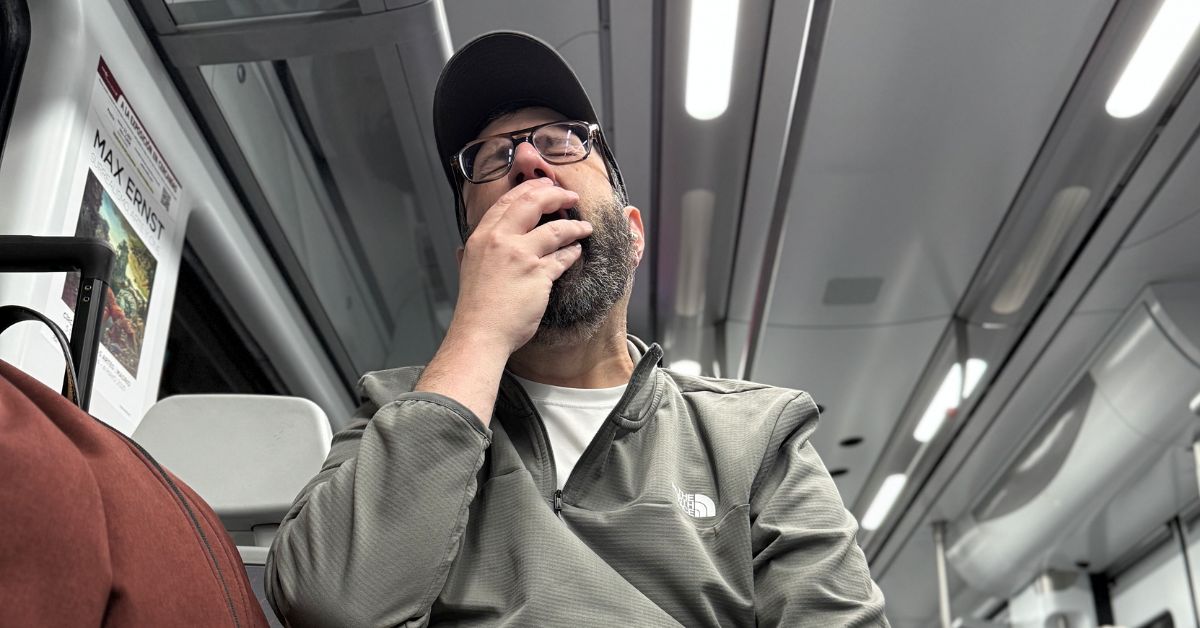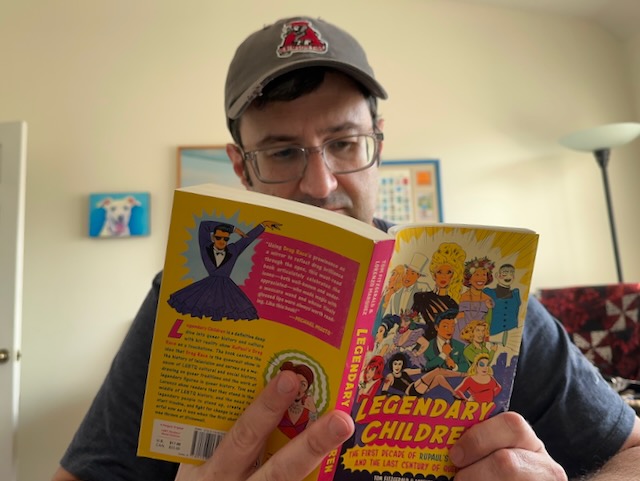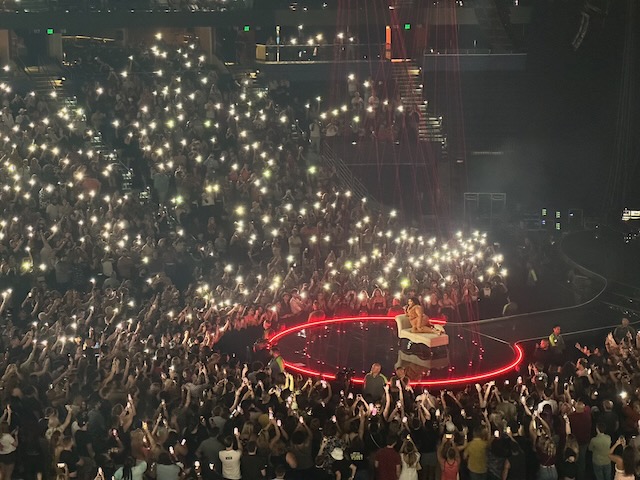June 2023
-

🏳️🌈 The Big, Boring Impact of Obergefell
Yesterday was the eighth anniversary of the Obergefell v. Hodges decision, which made marriage equality the law of the United States. Looking back at the joyous media coverage in 2015, you’d think the issue was about cake, confetti, and matching tuxedos. Well, it was. But it really wasn’t. The real…
-
🏳️🌈 What the Doctor Ordered
On a flight from Tampa to Chicago in 2011, the Complimentary Spouse and I sat in front of two men lamenting political correctness and the decline of religion in public life. One said he hoped Michelle Bachman would enter the presidential race soon to put an end to this nonsense.…
-
🏳️🌈 Selling Out
Depending on which expert you talk to, Americans see between 3,000 and 10,000 ads daily. If you’ve been paying attention, you’ve noticed a shift in the way these ads — well, some of them — speak to and interact with LGBTQ people. That’s certainly true during Pride Month when pinkwashing is…
-

🏳️🌈 History’s a Drag
Drag was around for a long, long time before RuPaul smeared some Vaseline on a low-resolution camera and launched Drag Race in 2009.1 Men have been dressing as women for entertainment for centuries — what, you didn’t learn about Shakespeare? And women have been dressing as men for just as…
-

🏳️🌈 Thank You for the Music
Music doesn’t lie. If there is something to be changed in this world, then it can only happen through music. Jimi Hendrix Yesterday, I wrote about dance music. Today, let’s talk about music in general. For LGBTQ people, music reflects the full spectrum of our experiences, from angst, loneliness, and…
-
🏳️🌈 Dancing Queens
What do gay men enjoy more than a dance song? The extended dance remix of the same dance song! OK, there’s a bit of stereotyping going on there, but lots of gay men go gaga for Gaga, wanna be Madonna1, and are crazy for Kylie. My theory — more like…
-
🏳️🌈 Sisters Are Doin’ It for Themselves
Let’s jump into a recent controversy to kick off Gayskool ’23. The Sisters of Perpetual Indulgence have been in the news because they were invited, disinvited, and re-invited to the L.A. Dodgers Pride Night planned for June 16. (As Daily Dave readers know, the Dodgers were one of the first…